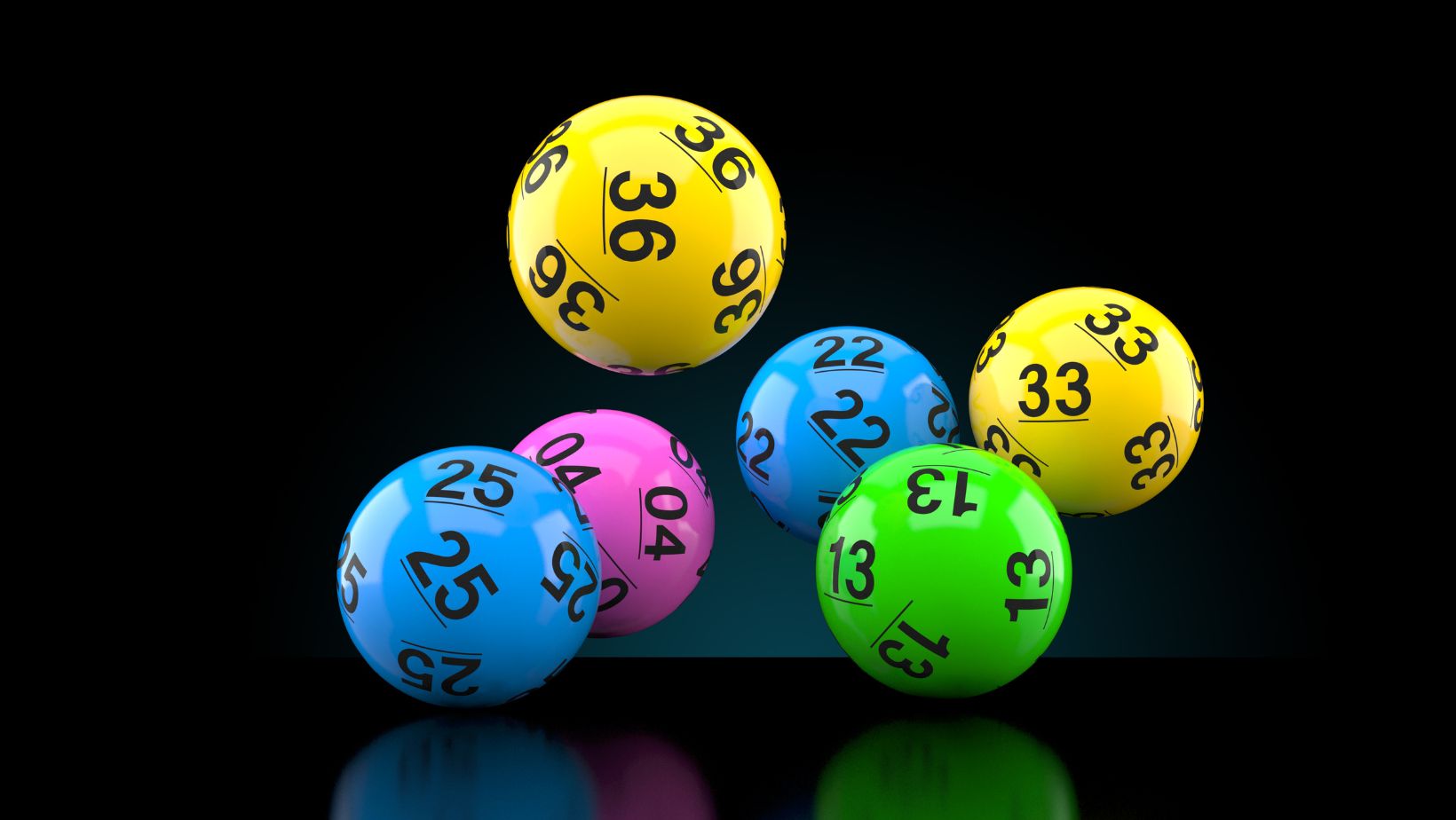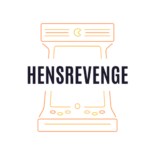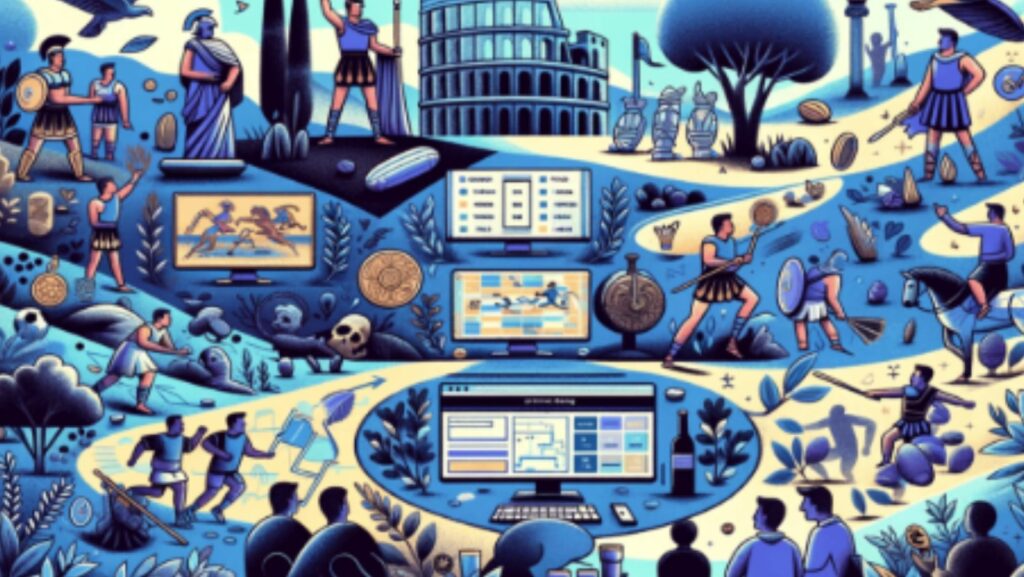Long before the glamour of Las Vegas gaming venues or globally accessible online bookmakers, people used to engage in the first forms of gambling. Although we don’t know when this high-risk entertainment appeared, civilizations such as Mesopotamia, Rome, India, and China gave birth to games that, in many ways, mirror modern betting systems. The roots of the digital industry date back thousands of years. Tracking the industry’s evolution is key to understanding how everything works and why casino-like activities have shaped cultures throughout different eras.
The Birth of Dice in Mesopotamia
Mesopotamia is the cradle of civilization, and the first prototypes of modern gambling were found there. Archaeologists discovered the early forms of dice games 5,000 years ago, which is truly inspiring. Ancient people used to carve dice from sheep knuckles, which doubled as tools for divination and games of chance. Rolling the dice in the region wasn’t purely considered entertainment.
Instead, Mesopotamian residents believed in rituals and were confident that this action could affect their future fate. For some, gambling was a way to connect with God. Despite these stereotypes, dice games relied on luck, which reflects how modern slot machines work. Random Number Generators now affect the outcome, but the act of spinning the reels originated with the ancient throws.
Early Lotteries in China
In the 21st century, this country has restrictive gambling laws, with the sector being prohibited throughout its entire territory, except in Macau. Still, Ancient China was among the first civilizations to play games of chance nationwide. One notable example is the Han Dynasty’s “white pigeon ticket”. This was an early form of lottery that reportedly helped fund state projects, including the construction of the Great Wall of China.

Special tickets were sold to residents, and those who got lucky numbers were reported to receive rewards. Later on, Chinese residents were inspired by the prototypes of modern Keno. This game is widely popular in online casinos in 2025; although it’s a niche category, millions of players prefer to try their luck.
Indian Epic Gambling Tales
In ancient India, gambling is mentioned in religious texts such as the Mahabharata, where the central figure Yudhishthira gambles away his kingdom, his brothers, and even his wife in a dice game. While the writing is more of mythology, gambling was really widespread in the region. Ancient people would have definitely been thrilled by the chance of joining the 1xBet casino and exploring limitless libraries, but unfortunately, they didn’t come up with such advancements centuries ago.
Still, the Mahabharata featured dice games, which were increasingly popular among royalty and the upper class in India. People of that era typically enjoyed high stakes, but of course, not everyone could afford such expenses. The dice used were sometimes rigged or controlled, highlighting early examples of “house advantage” and cheating systems that still haunt modern gambling industries.
Egypt and the First Games of Luck
Senet is one of the first board games discovered by archaeologists. Ancient Egyptians used to play it: more similar to betting activities, it was seen as a passage to the underworld. Residents strongly believed in gods and life after death, and luck played a crucial role in this entertainment. No similar games are available in modern online casinos, but the concept of fate is still valid. Many gamblers create well-thought-out strategies in 2025, but some still rely on randomness and chance.
Chariot Betting in Rome
If people had to select the cradle of wagering activities, many would undoubtedly vote for Ancient Rome. Sports were well-developed in the state, with chariot races and gladiator fights conducted regularly. Gambling was officially prohibited in the Roman Empire if held outside festivals. However, this rule wasn’t relevant for soldiers and the royalty, who could legally bet on sporting events. Match-fixing and bribes were common during that era, which mirrors the modern betting landscape. Currently, leagues are concerned about this point and place specific requirements for athletes and teams, but rules are broken from time to time.
The Cultural Line to Modern Betting
Throughout human evolution, gambling has remained a significant part of cultures for centuries. What began as a religious or social ritual in ancient times grew into economic activity. However, the same emotional drivers still affect the digital sector. Here are some concepts that are common across eras:
- Gambling used to highlight the social status, which has only changed in the 21st century
- Cheating, match-fixing, and integrity concerns were always relevant
- Governmental control was on the rise long before regulated gambling appeared
- Gambling profits were used for funding infrastructure and projects
- Moral debates about the harmful impact of games of chance
As the scale and technologies in gambling have evolved, some industry aspects remain unchanged since ancient times. The core dynamics of casino-like entertainment are deeply rooted in human history. From ancient rituals to modern apps, gambling continues to reflect people’s desires to accept the risk of unpredictability, shaped by culture and a boosting regulatory framework.

